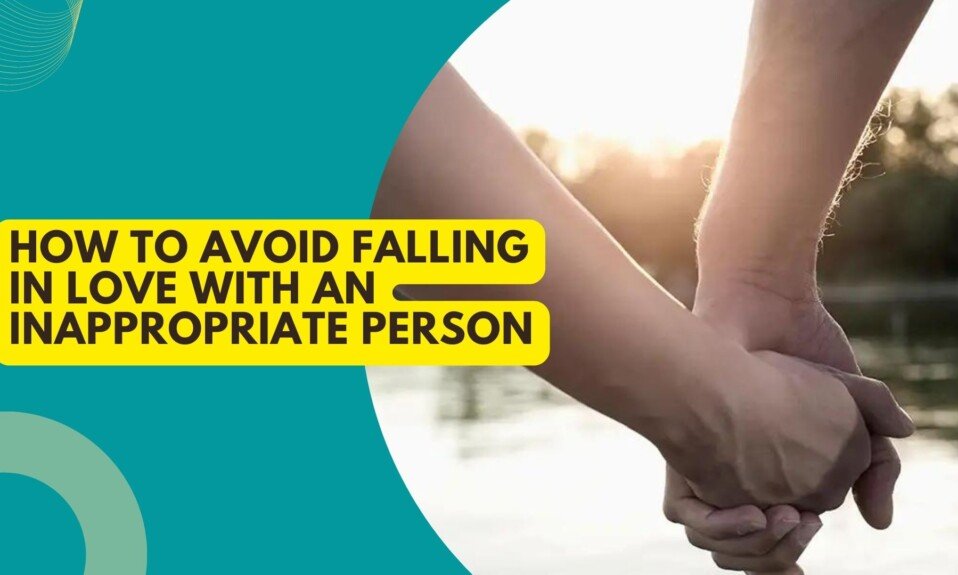
Many adults say they wish to create a better world for the next generation, but how many are really taking action? If you’re someone who wants to make a change, it may be high time that you learn about the things you can do to change the world for the better.
Like children, adults must also be taught to do things differently in order to achieve a better world. To help you become a catalyst for change, here is a list of five things you can do now to make the world a better place:
Set a Good Example to Kids
Children emulate what they see in their parents. Your kids would want to do what they see you do more often. This means that if you choose to bury your nose in your phone the entire day, they’ll be more likely to do the same.
But to change the world, you must first change the way you view it. Spending more time in nature would be a great way to foster a love for Mother Earth not only for yourself but also for the younger generation as well.

It doesn’t matter if you go on a full bird-watching expedition, a simple nature trek, or a walk in the park. All that matters is that you make an effort to go out into nature and show the kids around you how wonderful the great outdoors really is.
Aside from seeing your effort to be in nature, you must also show children your love for nature through language. This means you must pick your words more carefully when referring to animals, plants and other elements of nature. Keep things positive and fill your kids with curiosity and wonder.
Reconsider Plastics
Single-use plastic like those used in the groceries and markets often get thrown out and pile up in landfills where they take ages to decompose. Even worse, some of them end up in the sea and other areas where they cause harm to animals.
Whether it’s for food, books, or clothing, always bring reusable bags when you go shopping. This will help reduce plastic garbage. The less plastic that goes to the environment, the less chance wildlife can get suffocated and accidentally ingest these.
Don’t Print Unnecessarily
Millions of trees are chopped down to make paper, so remember to avoid wasting it as much as possible. This means you have to think twice before printing the emails you receive and every piece of reading in your class.
For students, ask your teacher or professor if you could present your report using a laptop or e-reader rather than having it printed on bond paper. If printing cannot be avoided, maximize each piece by printing on both sides to lessen the number of pages to be used.
Adults can also contribute by saving digital copies of documents and print only what’s needed rather than keeping a bunch of hard copies. Opting for electronic bills over paper ones is also a good idea.
Recycle
Recycling is probably the most highly advocated method of conserving materials and reducing waste, and is worth mentioning in this list due to the magnitude of its contribution to the cause.

During the segregation of biodegradable and non-biodegradable waste, be sure to set aside a separate bin for recyclable items made of glass, paper, plastics, and metal. Then, contact the government recycling facility near you or private entities that offer the same service to learn how they can help you bring those materials to good use.
You can also recycle things on your own. For example, plastic bottles and cans can be used as DIY plant pots instead of being discarded in the trash bin. You can also reuse wine bottles and empty jars as containers for condiments, herbs, and spices, or glam them up with some fairy lights to use as decor in your home.
With a bit of creativity and resourcefulness, you can make the world a better place. Of course, you can always borrow ideas from fellow nature conservationists or search online for clever ways to breathe new life into things that would otherwise end up as trash.
Reduce Your Consumption
Aside from reducing the trash that takes years to decompose in landfills, lessening your consumption of electricity, water, and other resources that are starting to get depleted is also a good way to help the planet recover.
Save on Electricity
Reducing electricity consumption not only helps you save on bills but also salvage what’s left of the planet. When you’re done using an appliance, remember to turn it off. If you’re shopping for new ones, be sure to take into account their energy efficiency.
Conserve Water
Water gives life. Without clean water, all creatures – including humans – cannot possibly survive. Even so, it has come to a point where even potable water needs to be bought.
To prevent this natural resource from becoming scarce and as expensive as gold, always be mindful of your water use. Use a cup when brushing your teeth rather than just leaving the faucet on, and turn off the shower while you soap up. Recycle dishwashing and laundry water to flush the toilet, and only use the washing machine when you can fill it up with clothes.

Every Small Act Goes a Long Way
When it comes to conserving nature, you don’t have to be a nation’s president or an influential celebrity to make a difference. Join environmental activities and bring your family and friends. Every little thing you do — even the small act of spending time outdoors — to save Mother Earth counts.
AUTHOR BIO
Rasha El Saleh is the Conservation Education and Outreach Coordinator in the education team of Emirates Nature-WWF working on its programme, Connect with Nature. She leads the outreach and youth empowerment aspect in growing the Connect with Nature community within the UAE and providing opportunities for youth to lead in this community, in addition to supporting partnerships with vendors supporting and promoting active aspects of the programme.




